The AMD EPYC 7252 has a fairly simple role in the AMD EPYC 7002 lineup: to be inexpensive. It is the lowest-cost dual-socket capable AMD EPYC 7002 Series “Rome” processor on the market. Although this is not a processor purchased based on compute performance, we are going to discuss how this processor meets its intended purpose. In our review, we will first cover what this 8-core CPU offers, and some of the salient product positioning points. We will then cover the performance. Finally, we will see how the CPU fits into the overall market comparing it to both AMD and Intel alternatives.
AMD EPYC 7252 Overview
Key stats for the AMD EPYC 7252: 8 cores / 16 threads with a 3.1GHz base clock and 3.2GHz turbo boost. There is 64MB of onboard L3 cache. The CPU features a 120W TDP. These are $475 list price parts.
Here is the lscpu output for the AMD EPYC 7252:
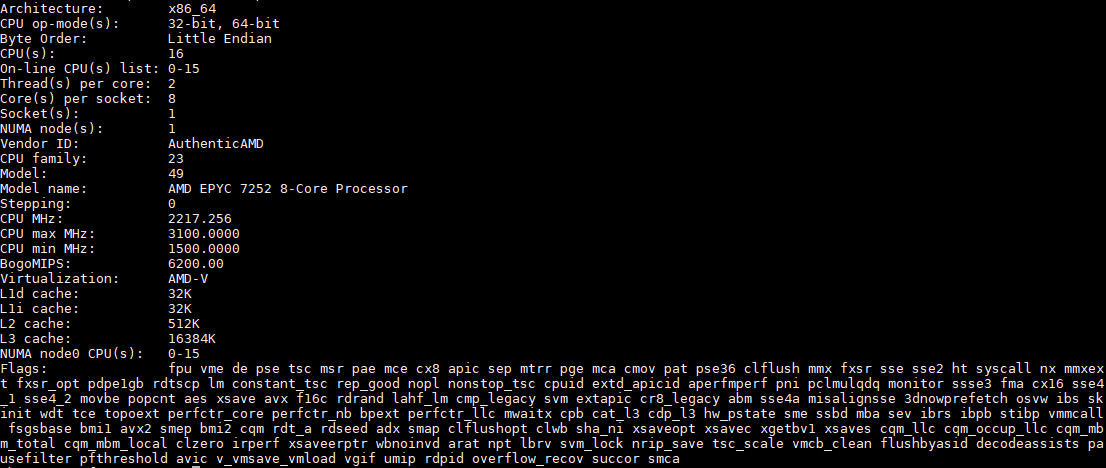
This chip occupies a similar place in AMD’s stack as the previous-generation AMD EPYC 7251. There are a few differences. One gets PCIe Gen4 support, updated Zen 2 cores as well as a host of other features. Perhaps the biggest for many buyers is that with the “Rome” I/O die setup, the EPYC 7252 is now a single NUMA node design whereas the EPYC 7251 was a four NUMA node design.
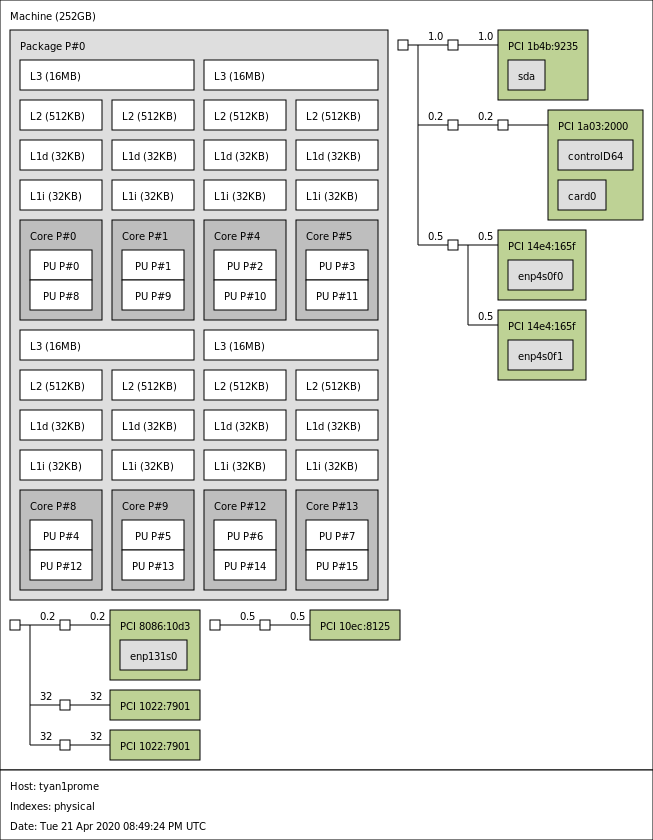
From a topology perspective, that is a generally preferred solution. These chips are not purchased necessarily to be the highest performing chips, however, in the previous generation, the topology was a challenge especially for a low core count part.
Something important with the AMD EPYC 7252 is that this is considered a 4-channel optimized part due to the die configuration. We went into detail about what that means in our piece AMD EPYC 7002 Rome CPUs with Half Memory Bandwidth piece and we have a short video on it here if you want to listen while reading this review:
The AMD EPYC 7252 has another distinction. It is the lowest cost 8 core CPU that one can put in a dual-socket AMD EPYC 7002 series server. That plus the lower TDP makes it a different value proposition than much of the rest of the lineup. If one needs an acceptable amount of CPU performance, but instead is more focused on enabling I/O, this type of solution will appeal to many buyers. At only $475 and with a lower TDP, it is a hard option to ignore. Savings from going single-socket with the AMD EPYC 7232P is only $25. That $25 comes at the expense of dual-socket capability along with half of the cache (32MB v. 64MB) which is a big difference. Our sense is, the EPYC 7252 is a better buy than the EPYC 7232P in most cases in this price range.
Test Configuration
For most of our charts, we are using the Tyan Transport SX TS65A-B8036.
- Platform: Tyan Transport SX TS65A-B8036
- CPU: AMD EPYC 7252
- RAM: 8x 32GB Micron DDR4-3200 RDIMMs
- OS SSD: 400GB Intel DC S3700
- Data SSD: 960GB Intel Optane 905P
You are going to see more about this platform, but this is a PCIe Gen4 single-socket platform from Tyan that has 16x front U.2 NVMe bays, 10x front SATA/ SAS bays, two rear 2.5″ SATA OS SSD bays, six expansion slots on risers and an OCP mezzanine slot. All this is achieved using a single AMD EPYC 7002 series CPU.
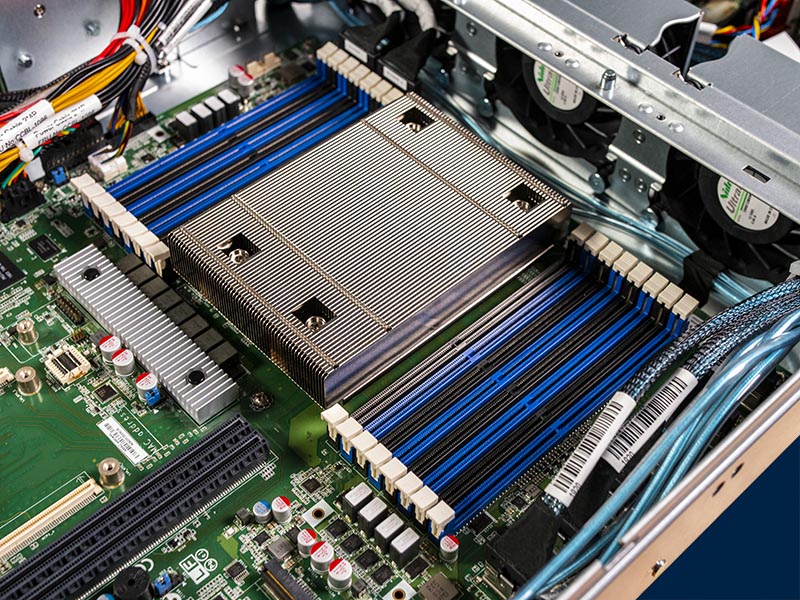
If you count the PCIe lanes and bandwidth in the platform, Tyan is offering more PCIe I/O than a dual-socket Xeon server in a single socket AMD EPYC 7002 server. This lower-cost CPU is able to power this enormous platform.
Also, one may read that you cannot use Optane with AMD EPYC. While it is true that you cannot use the Intel Optane DCPMMs with AMD EPYC, you can use their standard NVMe form factor. Intel Optane NVMe SSDs are excellent for database applications as an example when paired with EPYC.
Next, we are going to look at the performance of this solution before moving onto our market analysis and final words.

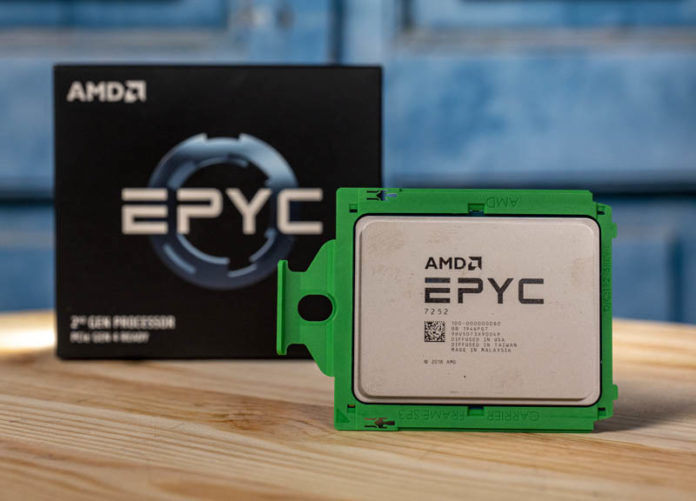
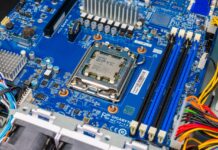
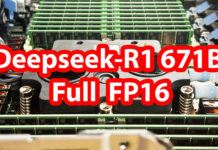
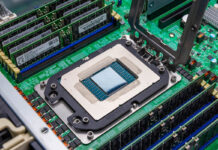
Timely review. Thanks. Hoping to see this EPCY in more PCIe lane-intensive offerings.
I bought this cpu a few months ago for my home server (running proxmox) and it’s a nice upgrade over my 9 year old Xeon E3-1230. I waffled over getting the 7262 for the extra 64MB of ram but based on these benchmarks I’m glad I didn’t.
64MB of cache